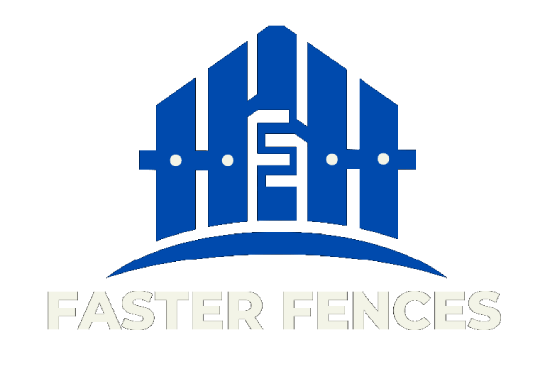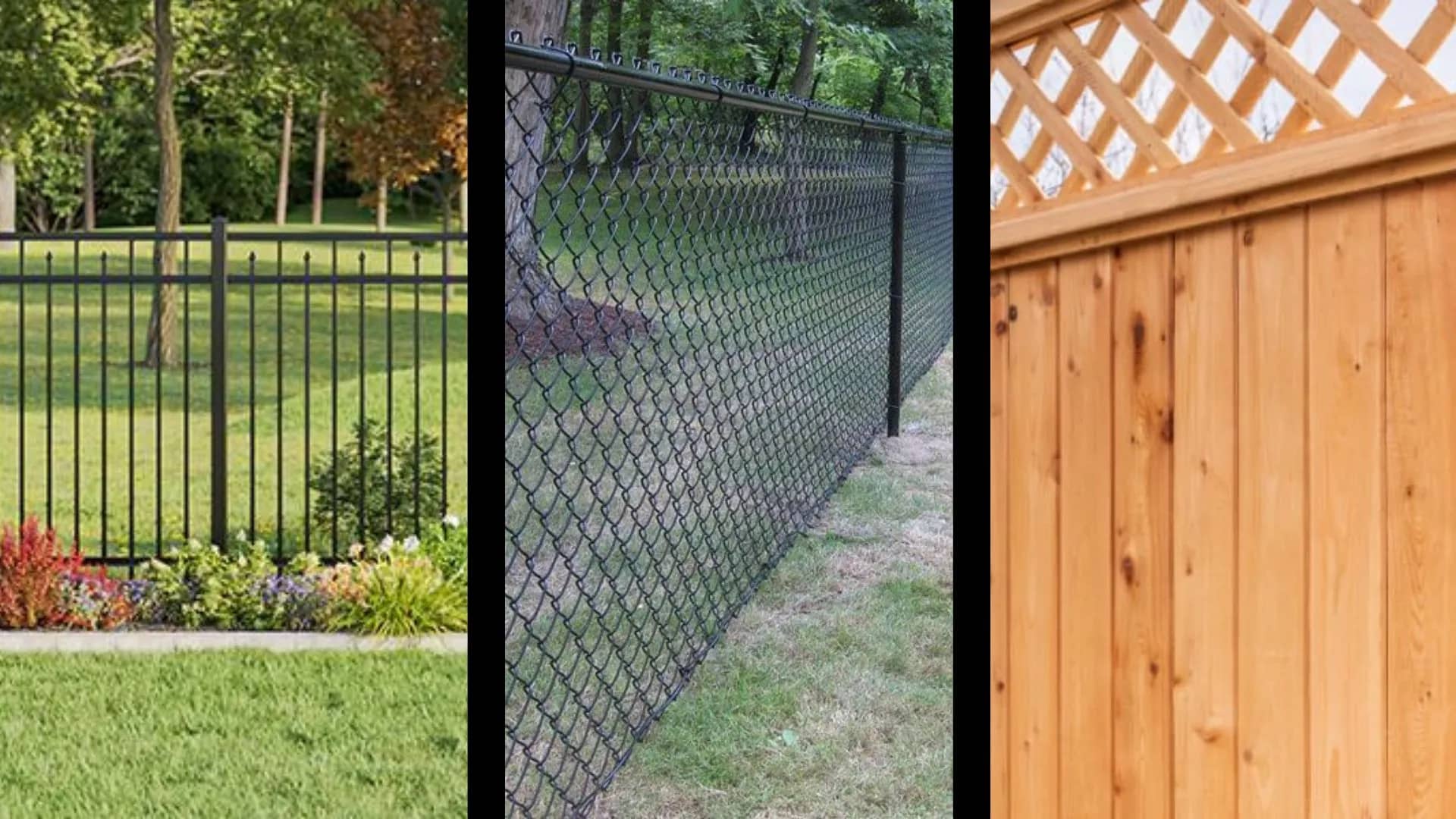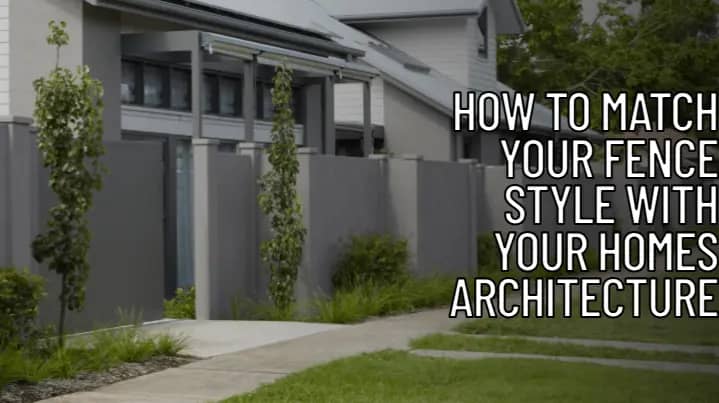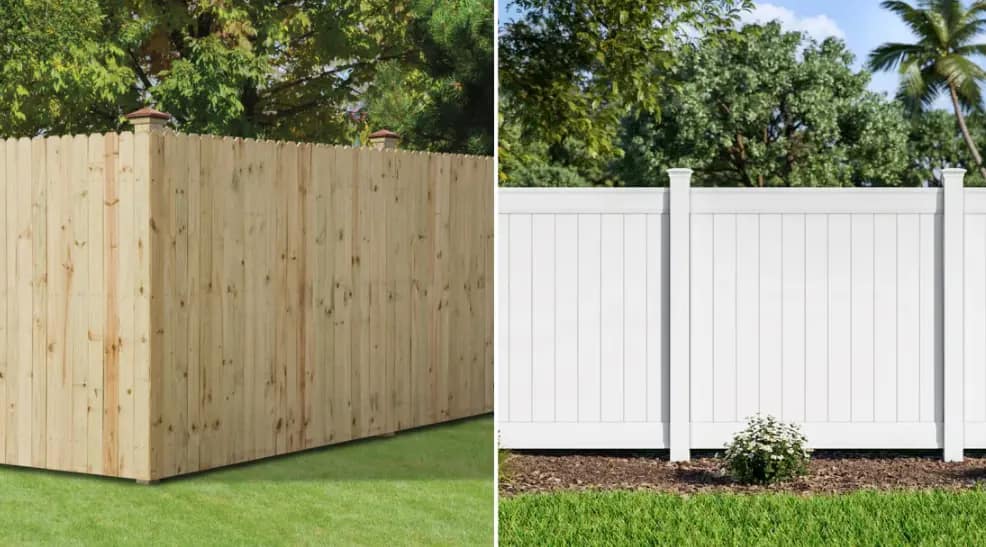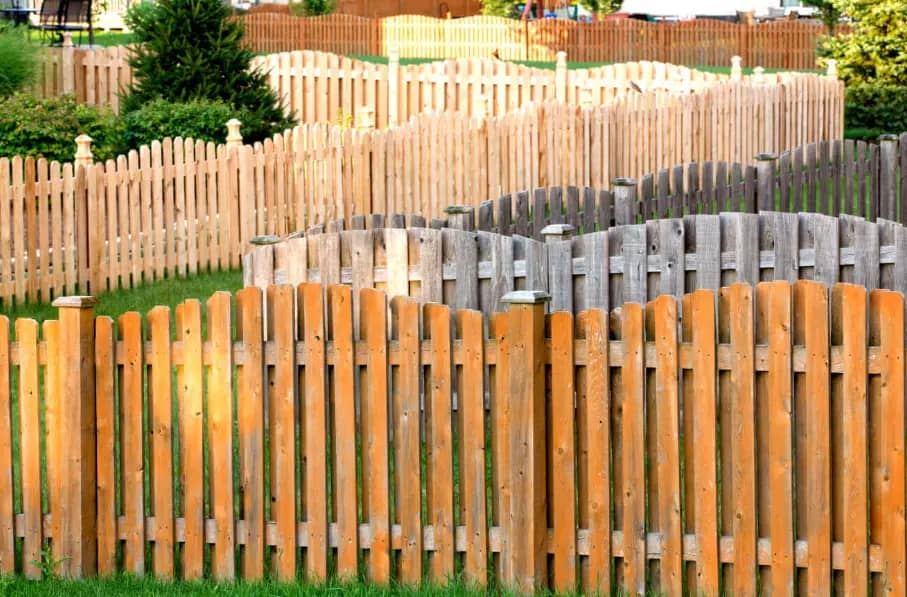When considering installing a new fence or repairing an existing one, you might wonder what the professionals who handle these tasks are called. Understanding the terminology used in the fencing industry can help you make informed decisions and communicate more effectively with the experts you hire. Let’s explore what a fence builder is called and the roles they play in the fencing process.
The Professional Title: Fence Contractor
The term “fence contractor” is the most commonly used title for professionals who design, build, and install fences. Fence contractors are skilled tradespeople who specialize in creating various types of fences, including Aluminum, Wood, Vinyl, metal, and chain-link Fences. They are responsible for the entire process, from initial consultation and design to the final installation and maintenance.
Key Responsibilities of a Fence Contractor
- Consultation and Design
- Assessment of Needs: A fence contractor begins by consulting with you to understand your needs and preferences. This involves discussing the purpose of the fence, such as privacy, security, or aesthetics, and taking measurements of the installation area.
- Design Recommendations: Based on your requirements, the contractor will provide recommendations on the type of fence that best suits your needs. They may offer suggestions on materials, styles, and configurations to enhance the functionality and appearance of your fence.
- Material Selection
- Expert Advice: Fence contractors are knowledgeable about various fencing materials, including wood, vinyl, aluminum, steel, and chain-link. They can guide you in choosing the best material based on factors such as durability, maintenance, and cost.
- Supplier Coordination: They often work with suppliers to procure high-quality materials and ensure that the right components are available for the project.
- Installation
- Preparation: The contractor handles site preparation, which includes clearing the area, marking the boundaries, and digging post holes.
- Construction: They install the fence posts, panels, or sections according to the design specifications. Proper installation techniques are crucial for ensuring the fence’s stability and longevity.
- Finishing Touches: After installation, the contractor may perform finishing touches such as painting, staining, or sealing to enhance the fence’s appearance and protect it from the elements.
- Maintenance and Repair
- Ongoing Maintenance: Many fence contractors offer maintenance services to keep your fence in good condition. This includes routine inspections, repairs, and replacements of damaged components.
- Repairs: If your fence sustains damage from weather, accidents, or wear and tear, a fence contractor can assess the damage and perform necessary repairs to restore its functionality and appearance.
Other Titles and Roles in Fencing
In addition to “fence contractor,” there are other titles and roles within the fencing industry that you might encounter:
- Fence Installer
- Role: A fence installer focuses specifically on the installation of fences. They may work for a fencing company or as independent contractors. Their primary responsibility is to execute the installation according to the provided design and specifications.
- Skills: Fence installers need to have practical skills in measuring, cutting, and assembling fence materials. They must also be adept at operating tools and equipment used in the installation process.
- Fence Designer
- Role: Some companies employ fence designers who specialize in creating custom fence designs. These professionals work closely with clients to develop designs that meet their aesthetic preferences and functional needs.
- Skills: Fence designers require a strong understanding of design principles, materials, and construction techniques. They use design software and tools to create detailed plans and visualizations for clients.
- Fence Consultant
- Role: A fence consultant provides expert advice on fence-related projects. They may assist in planning, budgeting, and selecting materials, but typically do not handle the actual installation.
- Skills: Consultants need to have extensive knowledge of fencing options and industry standards. They offer valuable insights and recommendations based on their expertise.
Why Hire a Professional Fence Contractor?
Hiring a professional fence contractor offers several advantages:
- Expertise: Fence contractors bring specialized knowledge and experience to the project, ensuring high-quality results.
- Efficiency: Professionals can complete the project more quickly and efficiently compared to DIY approaches, minimizing disruptions and delays.
- Compliance: Contractors are familiar with local building codes and regulations, ensuring that your fence meets legal requirements and avoids potential issues.
Conclusion
In the world of fencing, the term “fence contractor” encompasses the primary professional who handles the design, installation, and maintenance of fences. This role involves a range of responsibilities, from consultation and material selection to construction and ongoing care. Understanding the various titles and roles within the fencing industry can help you make informed decisions and choose the right professional for your project.
Whether you need a new fence installed or an existing one repaired, consulting a qualified fence contractor ensures that you receive expert advice and high-quality workmanship. Our company, Faster Fence, is committed to providing top-notch fencing solutions and skilled professionals to meet your needs. By working with a specialized contractor, you can achieve a fence that enhances the value and functionality of your property while enjoying peace of mind knowing your project is in capable hands. If you have any questions or are ready to get started, don’t hesitate to contact us.
